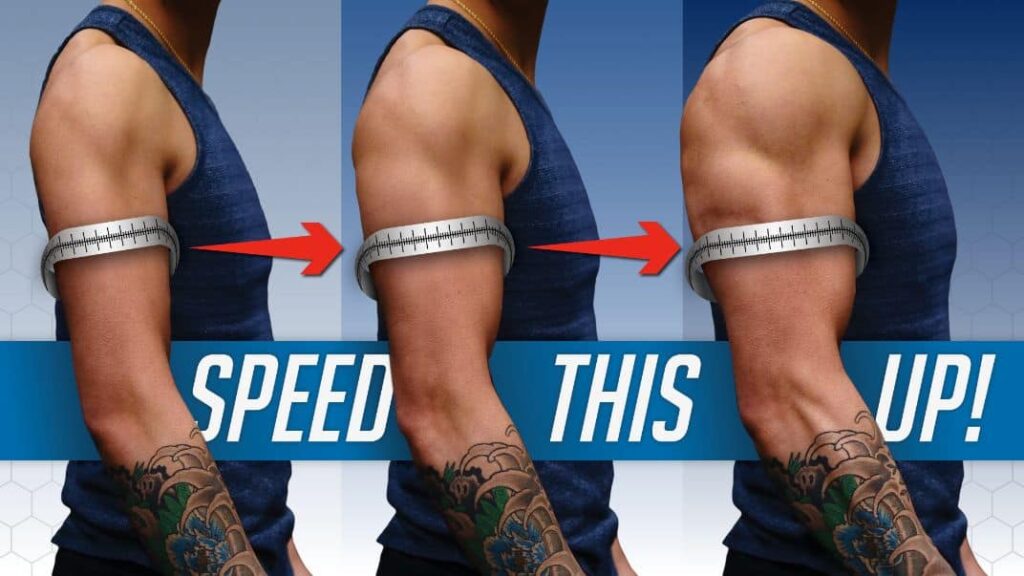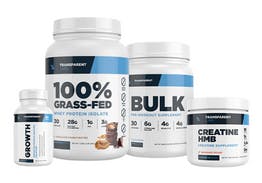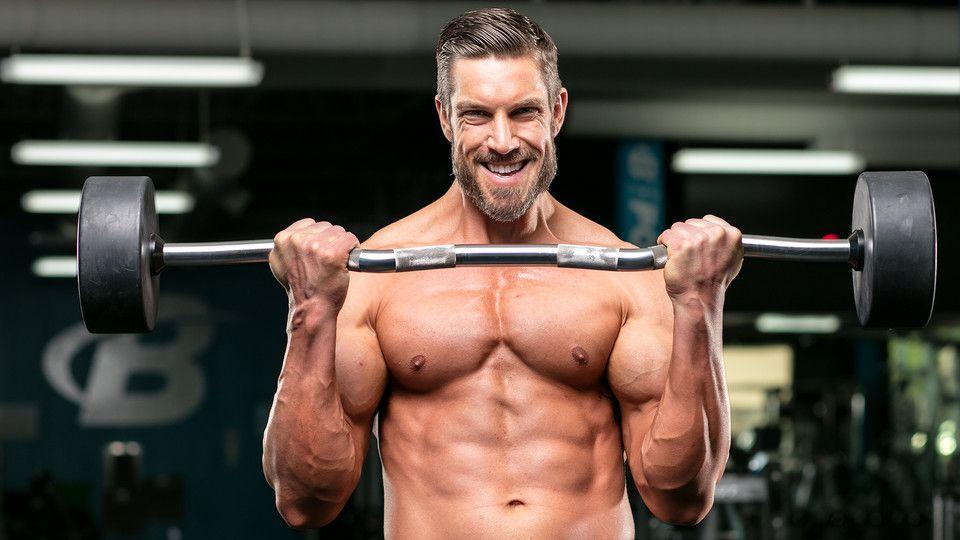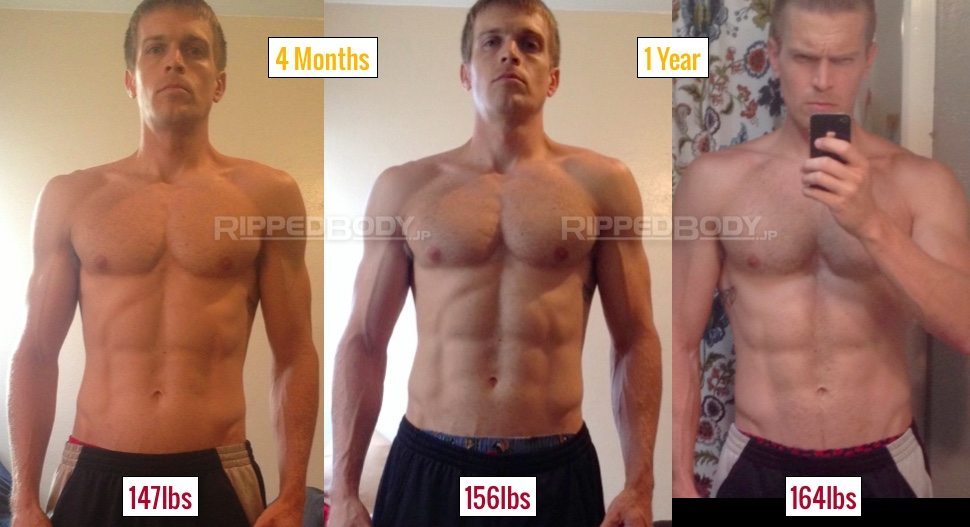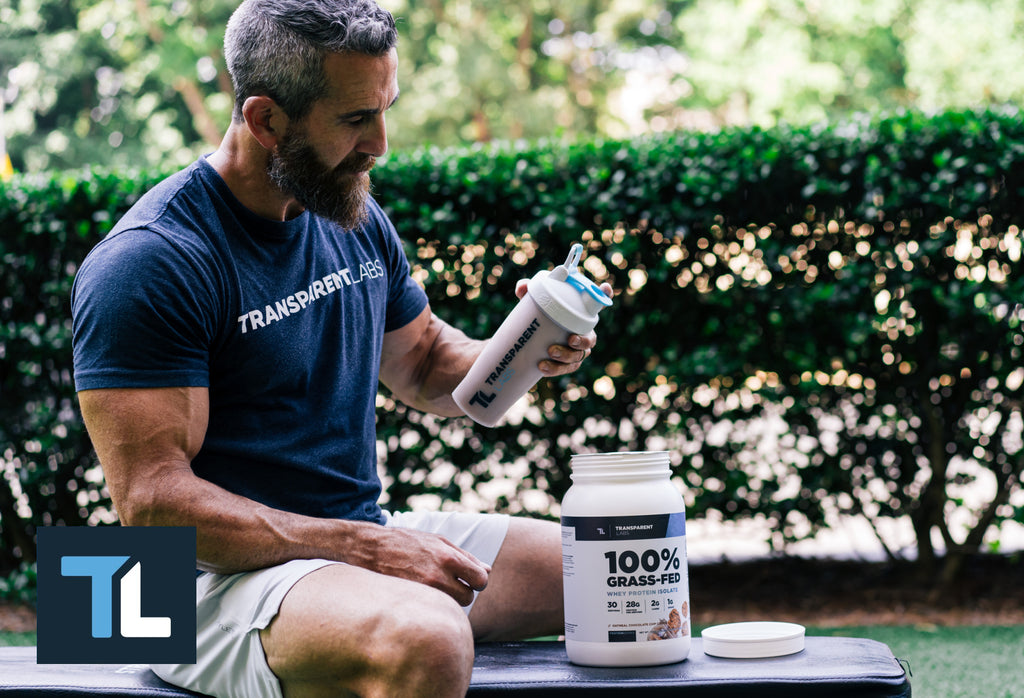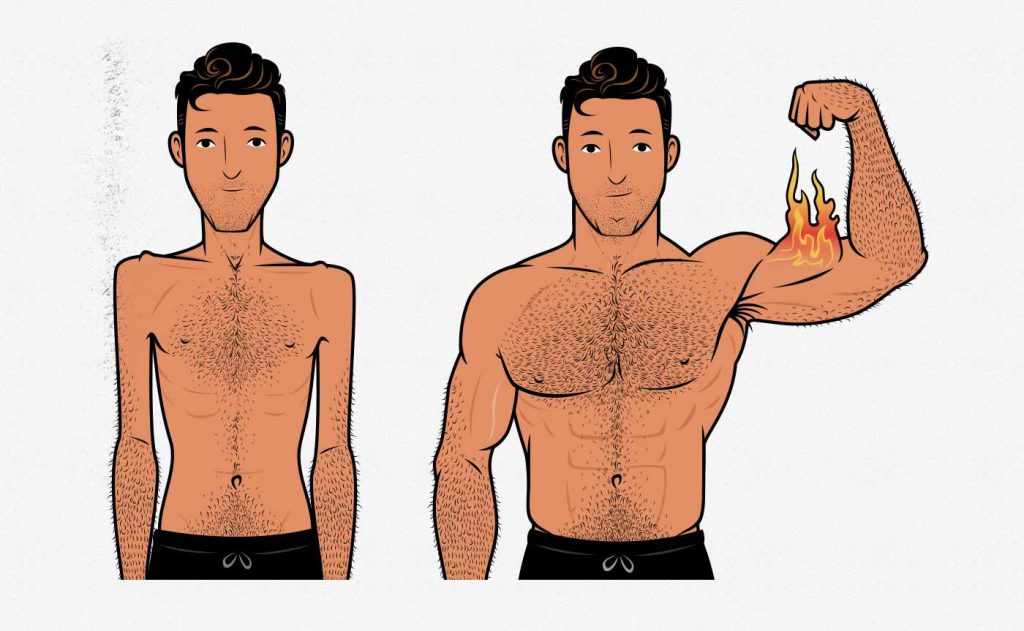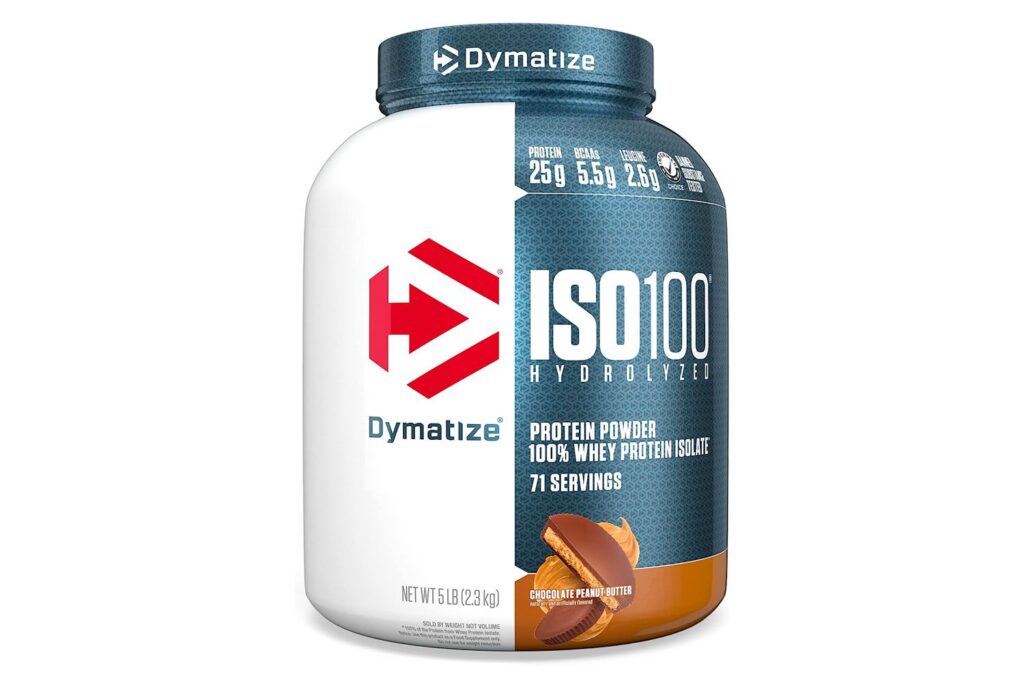You build muscle easily due to genetics and an efficient response to strength training. Your body likely has a higher proportion of fast-twitch muscle fibers.
Genetics play a significant role in muscle-building capabilities. Some people have a natural predisposition to gain muscle mass quickly. This can be due to higher levels of testosterone or growth hormone. An efficient response to strength training also contributes to rapid muscle growth.
Fast-twitch muscle fibers, which are more prevalent in some individuals, respond better to resistance training. Proper nutrition, rest, and a well-structured workout routine further enhance muscle development. Understanding your body’s unique response helps optimize your training for maximum gains. Embracing a healthy lifestyle supports sustained muscle growth and overall fitness.
Genetic Influence
Muscle building can be influenced by family traits. If your parents are muscular, you might be too. This is because genes play a big role. Some people have genes that help them grow muscles faster. These genes can be passed down from parents to children. Family traits can also affect muscle fiber type. Some have more fast-twitch fibers, which help in muscle growth.
Genetic markers are parts of DNA that affect how our bodies work. Some markers make it easier to build muscle. People with these markers can see faster results from exercise. These genetic markers can be found through DNA tests. Knowing your markers helps in planning workouts better. Markers can also show how your body recovers from exercise.

Credit: www.trainmag.com
Hormonal Balance
Testosterone is a key hormone for muscle growth. High levels of testosterone can make muscles grow fast. Boys and men usually have higher levels. This helps them build muscle more easily. Women also have testosterone, but in lower amounts. This is why men often see faster muscle gains than women. Some people naturally have higher testosterone levels. This can make it easier for them to build muscle quickly.
Growth hormone is another important factor. It helps the body repair and build muscles. High levels of this hormone can speed up muscle growth. This hormone is produced mainly during sleep. Good sleep can boost muscle growth. Some people have higher levels of growth hormone. This can make them build muscle more easily. Age can also affect growth hormone levels. Younger people usually have more of this hormone.
Muscle Fiber Composition
Fast-twitch fibers are for quick and powerful movements. They help in sprinting and lifting heavy weights. These fibers grow quickly and become larger. This makes muscles stronger and more visible. People with more fast-twitch fibers build muscle easily. They recover faster from workouts and gain strength quickly.
Slow-twitch fibers are for endurance activities. They help in long-distance running and cycling. These fibers are smaller and grow slowly. They do not increase muscle size as much. People with more slow-twitch fibers may not gain muscle quickly. Slow-twitch fibers are good for stamina and long workouts. They help in activities that need endurance.
Metabolic Rate
Your Basal Metabolic Rate (BMR) is the energy your body uses at rest. BMR is higher if you have more muscle mass. Muscles need energy to stay alive. This means you burn more calories even when not moving. Genetics play a big role in your BMR. Some people are born with a higher BMR.
Building muscle boosts your caloric burn. Muscles burn calories all the time. More muscles mean more calories burned. Even simple activities burn more calories. Walking, sitting, or even sleeping burns more calories if you have more muscle. This helps you build muscle faster.
Training Methods
Muscle growth can be influenced by genetics, training intensity, and diet. Fast muscle gain often results from a combination of these factors. Regular strength training and protein-rich nutrition play crucial roles in building muscle efficiently.
Resistance Training
Resistance training helps muscles grow fast. Lifting weights makes muscles bigger and stronger. Using machines or free weights can both help. High reps with low weights can build endurance. Low reps with high weights build strength. It is important to rest between sets. This gives muscles time to recover. Proper form is key to avoid injuries.
High-intensity Workouts
High-intensity workouts push muscles to the limit. This makes them grow faster. Short bursts of intense activity can be very effective. Interval training mixes hard work with rest. This keeps the body guessing. Circuit training combines different exercises. This works various muscle groups. It is important to stay hydrated during these workouts. Proper nutrition also helps in muscle recovery.
Credit: www.quora.com
Nutritional Factors
Protein is key for muscle growth. Eating enough protein helps muscles repair and grow. Chicken, fish, and beans are great sources. Dairy products also provide a lot of protein. Some people use protein shakes to get extra protein. Spreading protein intake throughout the day is helpful.
Some supplements support muscle growth. Creatine is a popular choice. It helps with short bursts of energy. Protein powders are also common. They make it easy to get enough protein. Branched-chain amino acids (BCAAs) help reduce muscle soreness. Always check with a doctor before starting new supplements.
Recovery And Rest
Good sleep helps muscles grow. Deep sleep is most important for recovery. Aim for at least 7-9 hours of sleep each night. A dark, quiet room helps you sleep better. Avoid screens before bed. This means no phones or TV. A bedtime routine can signal it’s time to sleep. Try reading a book or listening to calm music. Consistent sleep patterns also help. Go to bed and wake up at the same time each day.
Active recovery helps muscles heal. Light activities like walking or stretching work best. These activities improve blood flow. More blood flow means more nutrients to muscles. Yoga is another great option. It helps with flexibility and muscle relaxation. Swimming is also good. It’s gentle on the joints but effective. Active recovery reduces muscle soreness. It prevents stiffness and keeps you moving.
Lifestyle Choices
Stress can greatly affect muscle growth. High stress levels release cortisol. Cortisol is a hormone that breaks down muscle tissue. Managing stress helps muscles grow faster. Techniques like meditation and deep breathing can help. Keeping a positive mindset also reduces stress. Reduce stress for better muscle gains.
Being active daily helps muscles grow. Regular exercise boosts muscle strength. Activities like walking, cycling, and swimming are great. They keep your muscles engaged. Even small activities add up. Climbing stairs instead of taking the elevator helps. Keeping active throughout the day is key. Stay active for stronger muscles.

Credit: www.self.com
Frequently Asked Questions
What Causes Rapid Muscle Growth?
Rapid muscle growth is often due to genetics. Some individuals have a genetic predisposition for building muscle quickly. Proper nutrition, consistent training, and adequate rest also play crucial roles.
How Can I Manage Fast Muscle Gain?
To manage fast muscle gain, balance your workout routine. Include both strength training and cardio. Monitor your diet, focusing on lean protein and healthy fats. Ensure proper rest and recovery.
Is Quick Muscle Gain Healthy?
Quick muscle gain can be healthy if done correctly. Ensure a balanced diet and proper hydration. Avoid overtraining and prioritize rest to prevent injuries.
How Does Diet Affect Muscle Growth?
Diet greatly impacts muscle growth. Protein is essential for muscle repair and growth. Carbs provide energy for workouts. Healthy fats support overall bodily functions.
Conclusion
Building muscle easily can be influenced by genetics, diet, and exercise routines. Understanding these factors helps optimize your fitness journey. Stay consistent, eat balanced meals, and consult professionals for personalized advice. Embrace your unique body’s potential and celebrate your progress.
Keep pushing forward towards your health and fitness goals.

